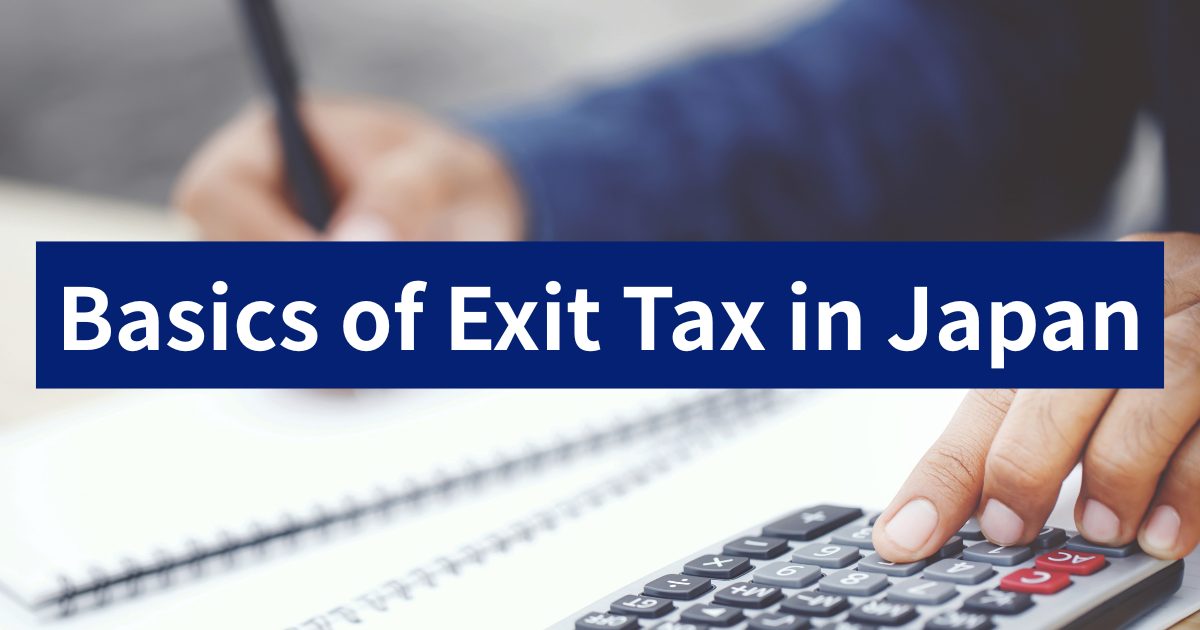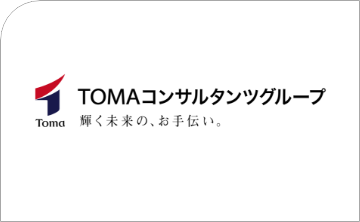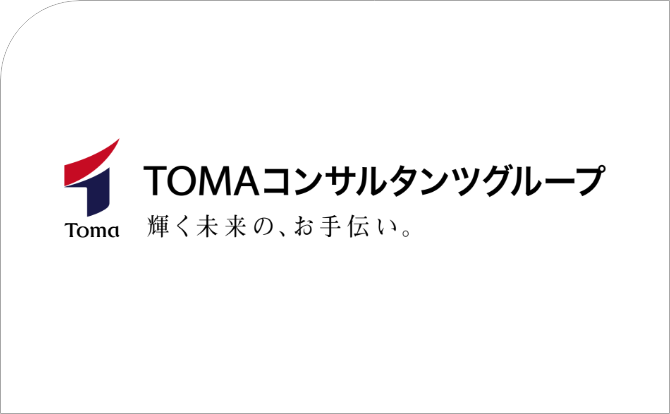Question: I am living in a staff accommodation provided by my employer and they deduct a certain amount from my monthly salary to cover rent. How do they determine this amount? In addition, how does it affect the income tax on my salary?
Answer: Normally, the employer uses the following calculations to find the “rent-equivalent value” and determine the amount the employee should cover. Please note that the rent-equivalent value is NOT the rental price, but is usually roughly 10% of the actual price of rent.
Calculation of rent-equivalent value under Japanese tax law
1. (Current year taxable amount for fixed asset tax for building) x 0.2%
2. JPY 12 x (Gross floor area of building [㎡]/3.3 ㎡)
3. (Current year taxable amount for fixed asset tax for land) x 0.22%
Rent-equivalent value = (1) + (2) + (3)
If the amount paid by the employee is below this amount, the difference between what the employee pays and the rent-equivalent value will become taxable as salary.
Exemption of income tax on company housing rent
An exception to the above rule is if the employee pays an amount that is above 50% of the rent-equivalent value. In this case, income tax will NOT apply to the difference between the rent-equivalent value and the amount paid by the employee.
Example:
An employer leases staff accommodation (rent-equivalent value: JPY 10,000) to an employee.
A) If the employer provides the staff accommodation to the employee for free, JPY 10,000 will be recognized as salary income and therefore taxable.
B) If the employee pays JPY 3,000, the difference of JPY 7,000 (JPY 10,000-3,000) will be taxable.
C) If the employee pays JPY 6,000, which is over 50% of rent value (JPY 10,000), the difference of JPY 4,000 (JPY 10,000-6,000) will NOT be taxable.
The calculation of rent-equivalent value is not only limited to staff accommodation owned by the employer, but also when the rental contract is made in the employer’s name. Companies that do not have enough information to calculate the rent-equivalent value may choose to just let its employee cover 10-20% to ensure enough buffer so no income tax will be incurred.
Other things to keep in mind
– Housing allowance paid to the employee in cash will not be deemed company housing rental payment, and is thus taxed as salary.
– Any contract made in the employee’s name and paid by the employee is not considered company housing according to Japanese tax law.
For more details, please feel free to contact TOMA Consultants Group.
TOMA Consultants Group English Website ⇒ http://toma.co.jp/en/
従業員社宅の負担額
Question:私は会社の社宅に住んでおり、毎月給与から社宅代として一定額が差し引かれています。この社宅代はどのように決められているのでしょうか。また、社宅代の金額によって、所得課税になるとはどういうことでしょうか。
Answer:従業員が会社から社宅を借りている場合、従業員が負担する社宅代は以下の説明のような計算方法により、所得課税にならないように一定額の家賃(賃貸料相当額)を決めているのが一般的です。負担する社宅代が低かったり、無償の場合には給与として所得課税されることになります。
賃貸料相当額の算出法
(1)(その年度の建物の固定資産税の課税標準額)×0.2%
(2)12円×(その建物の総床面積(平方メートル)/3.3(平方メートル))
(3)(その年度の敷地の固定資産税の課税標準額)×0.22%
賃貸料相当額=(1)+(2)+(3)
住宅手当に適用される給与所得税控除
従業員が負担している家賃が、賃貸料相当額の50%以上であれば、負担している家賃と賃貸料相当額との差額は、給与として課税されません。
例:
賃貸料相当額が1万円の社宅を従業員が借りた場合
A) 従業員が無償で借りる場合には、1万円が給与として課税されます。
B) 従業員が3千円の家賃を負担する場合には、賃貸料相当額である1万円と3千円との差額である7千円が給与として課税されます。
C) 従業員が6千円の家賃を負担する場合には、6千円は賃貸料相当額である1万円の50%以上ですので、賃貸料相当額である1万円と6千円との差額の4千円は給与として課税されません。
会社などが所有している社宅や寮などを貸与する場合に限らず、他から会社の名義で借りて貸与する場合でも、前に説明した金額が賃貸料相当額となります。
課税されるケース:
1.従業員が社宅や寮などを無償で借りる場合には、この賃貸料相当額が給与として課税されます。
2.賃貸料相当額の50%未満の家賃を負担している場合には、負担している家賃と賃貸料相当額との差額が、給与として課税されます。
3.現金で支給される住宅手当
4.入居者(従業員)が直接契約している場合の家賃負担は日本の税法では社宅の貸与とは認められないので給与として課税されます。
詳細はTOMAコンサルタンツグループまでお気軽にお問い合わせください。






